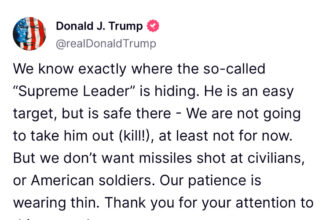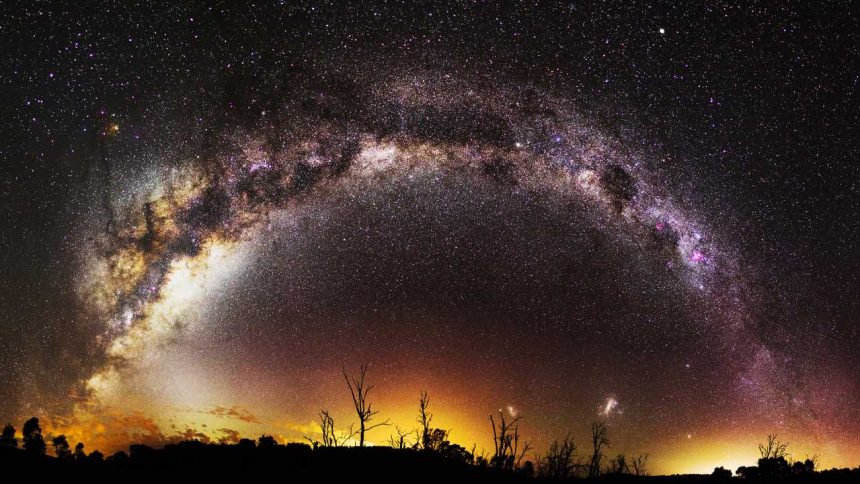We humans cannot measure vastness of the universe. From the moment we became aware of how vast the universe is and that it is continuously expanding, the question – are we alone in the universe? – has arisen in our minds. Even though we have not yet found extra-terrestrial life, if we pause to consider, are we truly alone in the universe? It seems irrational to believe we are the only ones simply because we haven’t yet found any evidence of alien life.
Often, when we gaze at the night sky, many questions pop into our mind, such as will they find us, or will we find them? Would beings from other worlds react the way we do? What knowledge could we gain from them? How would they respond to hearing music for the first time, or could their music be far more advanced than ours? The possibility of encountering intelligent life from space excites me, and I eagerly wish for such an encounter.
‘How would ‘aliens’ respond to hearing our music for the first time, or could ‘their’ music be far more advanced than ours?
If we are truly alone in the universe, why do such thoughts preoccupy the minds of those fascinated by the cosmos? I once heard that the universe chooses certain people to explore it, perhaps if space captivates you, you’ve been chosen by the universe itself. The “Many-Worlds Interpretation” (MWI) is a mind-bending quantum theory proposing that every time a quantum event occurs with various possible outcomes, the universe splits into multiple branches to capture each possibility. This means that every quantum event creates a parallel reality. But what exactly is a quantum event?
Quantum events belong to the realm of quantum mechanics, a branch of physics that deals with the behavior of particles at the smallest scales, like atoms and subatomic particles. A quantum event occurs when something happens on this small scale, governed by the strange rules of quantum mechanics. Let’s simplify it, imagine you have a tiny particle, like an electron, which can be in two places at once. We’ll call it Particle X. According to quantum mechanics, until we observe it, Particle X can exist in both places simultaneously, as if it’s in two rooms at once.
‘If ‘infinite versions’ of ourselves exist across ‘parallel universes’, could our actions in one universe affect others?
However, the moment we decide to check, Particle X chooses just one room to occupy. This choice is a quantum event. Now, here’s where it gets even more interesting, some interpretations of quantum mechanics suggest that when Particle X makes its choice, the universe splits into two branches, one where Particle X is in the first room and another where it’s in the second room. In one branch of the universe, Particle X is in one room, and in another branch, it’s in the other room.
In a nutshell, the act of observing Particle X forces it to pick a room, and that decision creates a separate reality or branch of the universe. Each quantum event thus creates a split in the universe, leading to distinct outcomes. This concept points to the existence of ‘parallel universes’ with infinite possibilities. Perhaps what we refer to as ‘aliens’ are actually versions of ourselves from these parallel universes. If every quantum event creates a new branch of the universe, then there are potentially infinite versions of each of us, each living in slightly different realities.
‘Every time, a quantum event occurs with various possible outcomes, universe splits into multiple branches to capture each possibility’
For instance, in one universe, you might have chosen a different career but in another, your life could be entirely different. If observation influences the outcome of a quantum event, creating new realities, does that mean reality only exists when we observe it? With countless realities in existence, which one is the real one? What does this mean for our identity and place in the cosmos? If infinite versions of ourselves exist across parallel universes, could our actions in one universe affect others?
We might not be alone in the universe, perhaps we are part of a vast network of realities, each contributing to the whole without even realizing it. There could be universes far more advanced in technology, and it’s possible ‘they’ are aware of our universe, observing us as we wonder about ‘their’ existence. The universe or multiverse is far more mysterious and fascinating than we can imagine. Every reality is interconnected, waiting for humans to discover it. Perhaps the answers we seek already exist within our own reality.










